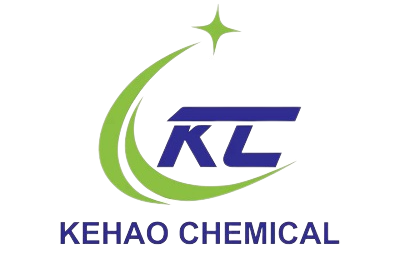When purchasing HPMC, focus on quality, certification, supplier reliability, and pricing. Look for consistent viscosity, water retention properties, and a supplier with robust logistics support and after-sales service.
Let’s explore the key factors to ensure you make an informed purchase.
1. Why is Product Quality Crucial When Buying HPMC?
High-quality HPMC directly affects the performance of end products in construction or manufacturing.
Check viscosity, purity, and compatibility with your application to ensure consistent results. A reliable supplier will provide detailed quality reports, including viscosity stability and water retention capacity. For applications in tile adhesives or mortars, ensure the HPMC meets specific industry requirements to avoid performance issues.
2. How to Verify Supplier Credibility?
A credible supplier ensures consistent supply and reliable after-sales support.
Check the supplier’s certifications, production capacity, and reputation in the industry. Look for ISO certifications and long-term relationships with established clients. Also, review customer feedback on platforms like Alibaba or trade directories. Request a factory visit or virtual tour to confirm production scale and quality assurance processes.
3. What Role Do Logistics and Delivery Play?
Timely delivery avoids costly project delays, especially for large-scale operations.
Ensure the supplier has a strong logistics network and provides flexible delivery options. Reliable suppliers will offer clear timelines, detailed tracking, and options for bulk shipping. Discuss lead times, and consider suppliers who provide storage or inventory management solutions to ensure supply continuity.
4. Why Pricing Transparency Matters in HPMC Procurement?
Competitive yet transparent pricing helps you manage budgets without sacrificing quality.
Choose suppliers who provide a clear breakdown of pricing, including shipping costs, taxes, and handling fees. Be wary of unusually low prices, as these can indicate compromised quality. Understand the pricing structure by discussing raw material cost trends and potential price adjustments based on market fluctuations.
5. What Certifications Should You Check for HPMC?
Certifications guarantee compliance with industry standards and product reliability.
Ensure the supplier has certifications like ISO 9001 for quality management and safety-related standards for chemical products. Independent third-party testing reports verifying properties like viscosity, water retention, and pH levels add credibility. Compliance with regional standards in your target market, such as CE or ASTM, is also crucial for seamless import and use.
6. How Can After-Sales Support Improve Your Procurement Experience?
Robust after-sales support helps mitigate risks and resolve issues efficiently.
Choose suppliers with dedicated teams for addressing quality concerns or logistics issues. They should offer clear terms for refunds or replacements. Additionally, some top-tier suppliers provide technical guidance for product application, ensuring the HPMC is used optimally in your projects.
7. What Are the Benefits of a Long-Term Partnership with a Supplier?
Establishing a long-term relationship ensures stability and mutual growth.
Partnering with a trusted supplier can result in better pricing, priority delivery, and customized products. Suppliers may also offer exclusive updates on new products or industry insights, helping you stay competitive in your market.
Choose high-quality HPMC by focusing on supplier credibility, certifications, logistics, and transparent pricing to meet your project needs.



